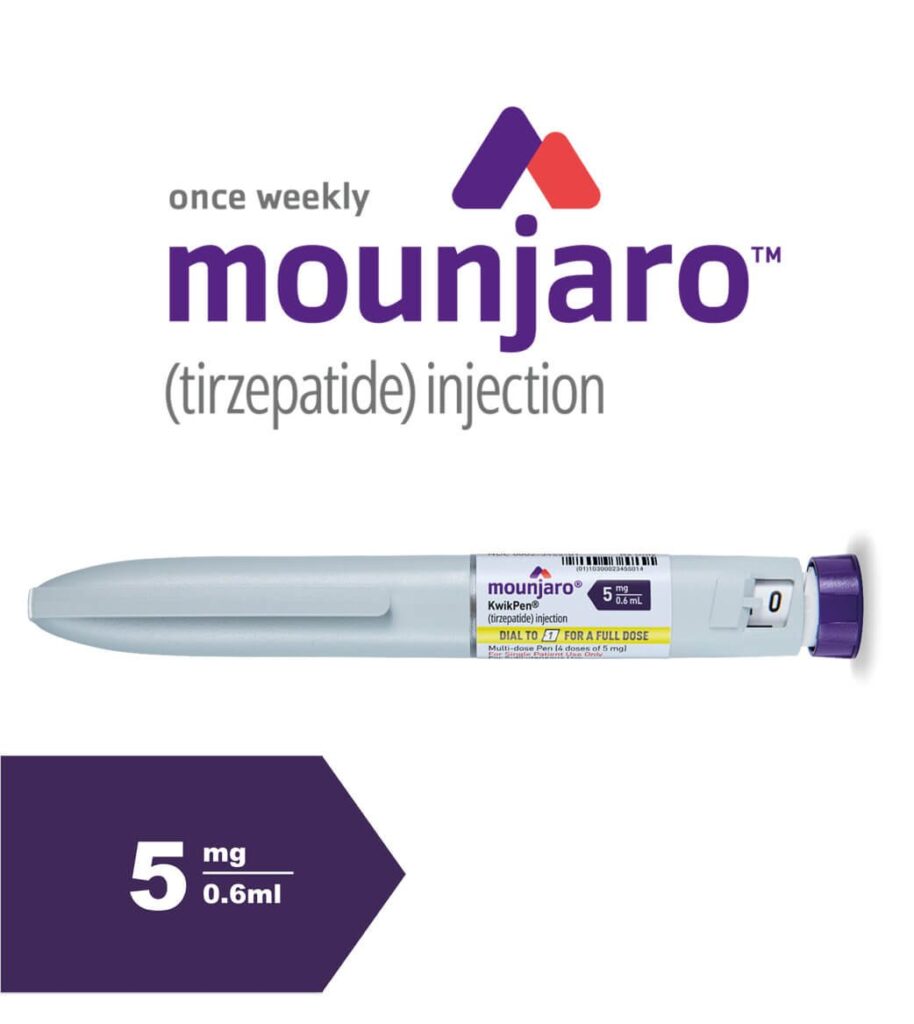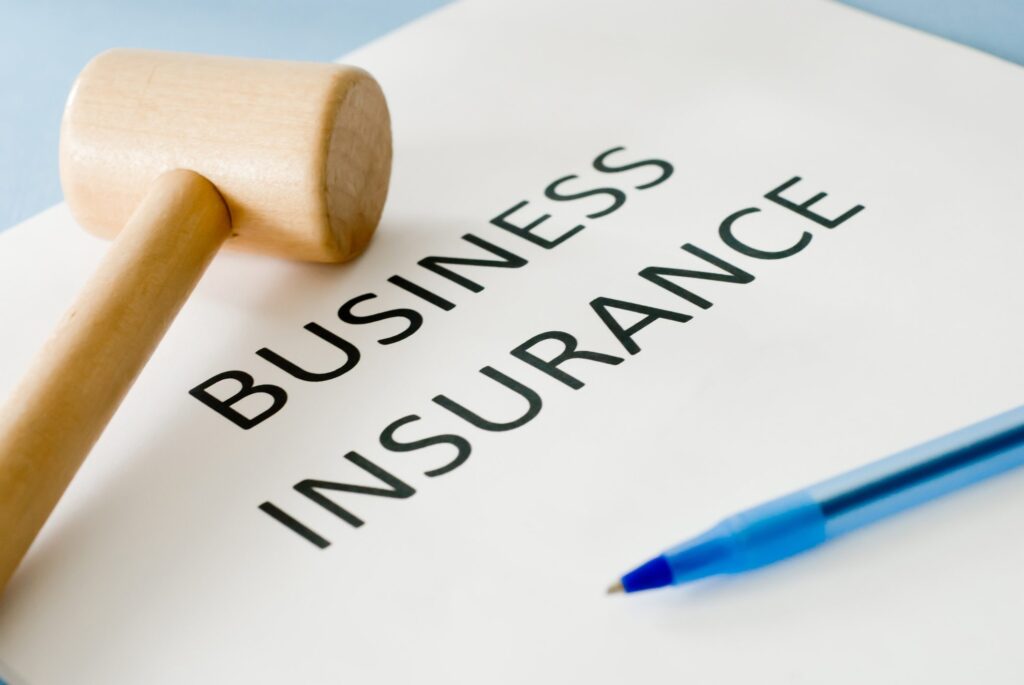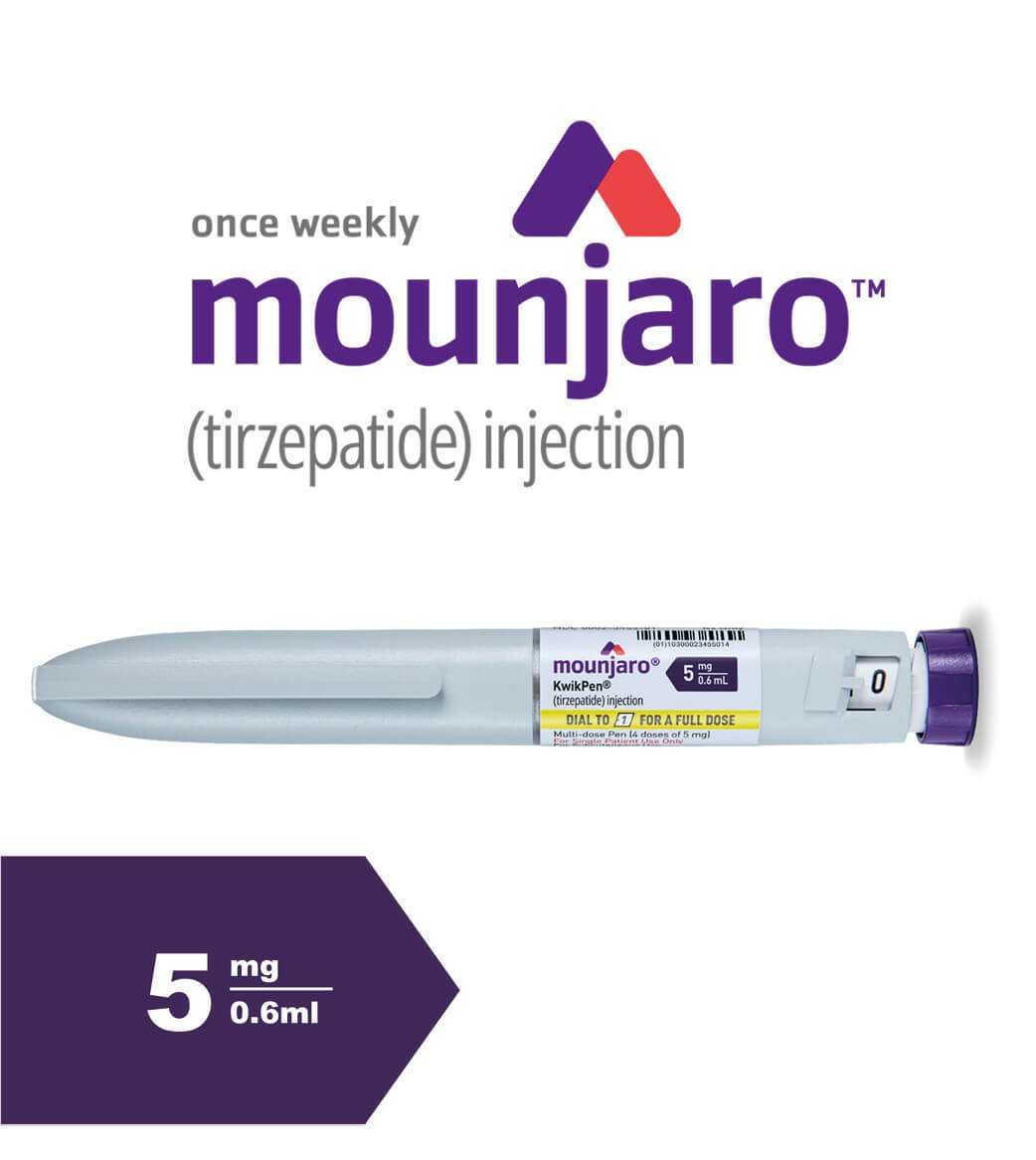Running a business is exciting, but it’s also filled with uncertainties. From unexpected accidents to legal disputes, even the most careful entrepreneur can face challenges that threaten their company’s stability. That’s why insurance plays such a crucial role in business success. It’s not just a legal requirement in some cases — it’s a safety net that protects your assets, your employees, and your reputation.
In this guide, we’ll explore the importance of business insurance, the types you might need, how to choose the right policy, and why it’s a vital investment for long-term growth.
Why Every Business Needs Insurance
Even if you operate a small, home-based company, you face risks every day. According to the U.S. Small Business Administration (SBA), about 40% of small businesses experience a claim within a 10-year period. These claims can come from various situations: property damage, employee injuries, customer accidents, or even data breaches.
Here’s why business insurance matters:
- Financial Protection
Without insurance, your business might have to pay out of pocket for lawsuits, property damage, or other costly incidents. Insurance helps absorb these expenses, preventing financial disaster. - Legal Compliance
In many regions, certain insurance types (like workers’ compensation or commercial auto coverage) are legally required. Operating without them can result in fines or suspension of your business license. - Customer and Partner Confidence
Having insurance shows that your business is responsible and prepared, which can make customers and partners more willing to work with you. - Peace of Mind
Knowing you’re covered lets you focus on what matters most — growing your business — without constant worry about “what if” scenarios.
Common Types of Business Insurance
There’s no one-size-fits-all policy for businesses. The right coverage depends on your industry, location, and size. However, these are the most common forms:
1. General Liability Insurance
Protects against claims of bodily injury, property damage, and personal injury (like slander or libel) caused by your business operations.
Example: A customer slips in your store and gets injured — this insurance can help cover medical costs and legal fees.
2. Professional Liability Insurance
Also known as Errors and Omissions (E&O) Insurance, it covers claims related to professional mistakes, negligence, or failure to deliver services as promised.
Example: An accountant makes an error in a client’s tax filing, leading to financial penalties — this policy can help cover costs.
3. Property Insurance
Covers your business’s physical assets, such as buildings, equipment, and inventory, from risks like fire, theft, or vandalism. Note that natural disaster coverage may require additional policies.
4. Workers’ Compensation Insurance
Mandatory in most places if you have employees, it covers medical care, rehabilitation, and lost wages for employees injured on the job.
5. Business Interruption Insurance
Helps replace lost income if your business has to close temporarily due to a covered event, such as a fire or natural disaster.
6. Cyber Liability Insurance
With the rise of online transactions, cyber risks have increased. This coverage helps protect against losses from data breaches, hacking, and other cyber threats.
How to Choose the Right Business Insurance Policy
Choosing the right insurance policy is about finding a balance between comprehensive coverage and affordability. Here’s a step-by-step approach:
- Assess Your Risks
List potential risks your business might face, from natural disasters to client lawsuits. The SBA and industry associations often provide risk assessment tools. - Know Legal Requirements
Check your local and industry-specific regulations to ensure compliance. For example, transportation companies usually require commercial auto insurance. - Compare Multiple Quotes
Prices can vary widely. Get quotes from at least three reputable insurers and compare not only costs but also coverage limits and exclusions. - Consider a Business Owner’s Policy (BOP)
Many small businesses can save money by bundling general liability and property insurance into a single policy. - Review Annually
As your business grows, your insurance needs may change. Review policies yearly to ensure you’re still adequately covered.
Understanding the Cost of Business Insurance
The cost of business insurance depends on several factors, including:
- Industry risk level (construction is higher risk than graphic design)
- Location (areas prone to floods or wildfires often have higher premiums)
- Coverage limits (more coverage usually means higher costs)
- Claims history (a history of frequent claims can increase premiums)
According to Insureon, small business owners in the U.S. typically pay around $500–$3,000 per year for general liability coverage, though costs vary significantly by industry.
How Business Insurance Protects Your Reputation
A damaged reputation can be harder to repair than a damaged building. If a client suffers a loss because of your company and you handle it poorly, word can spread quickly — especially online.
Insurance allows you to respond professionally to accidents, errors, or disputes. By covering the cost of fixing problems, you show customers and partners that you take responsibility and care about their well-being.
Avoiding Common Business Insurance Mistakes
Even well-intentioned entrepreneurs make missteps when it comes to insurance. Here are a few to avoid:
- Underinsuring – Choosing minimal coverage to save money can backfire if a major incident occurs.
- Not Reading the Policy – Understanding exclusions and limitations is crucial.
- Failing to Update Coverage – If your business expands or changes operations, you may need to adjust your policy.
- Skipping Optional Coverage – Policies like cyber liability may seem unnecessary until a data breach occurs.
The Bottom Line
Business and insurance go hand in hand. Whether you’re running a solo freelance operation or managing a team of employees, the right coverage is essential for long-term success. It’s not just about meeting legal requirements — it’s about building resilience, protecting your investment, and gaining the peace of mind that allows you to focus on growth.
Taking the time to assess your risks, compare policies, and invest in the right protection will help ensure that when challenges arise, your business is prepared to face them head-on.












5 Responses
Hello and good day,
Did you know there are hundreds of tax credits and incentives available to business and commercial property owners — many of which go unclaimed?
The average eligible savings exceeds \$100,000.
For a small monthly subscription (based on your business size), we’ll keep you informed of what you qualify for. There’s no upfront cost — GMG will conduct a complimentary Incentive Analysis. If the analysis reveals meaningful benefit, our procurement fees will apply per project or hourly, as outlined in Circular 230.
Let’s explore what’s available to you:
https://www.kristireedstrydeandgmgadvisor.com
Best regards,
Kristi Reed
Stryde & GMG
Senior Advisor
585-706-7721
If at any point you decide not to receive additional correspondence from our side, please fill the form at bit. ly/fillunsubform with your domain address (URL).
An Der Urania 68, Mamaroneck, CA, USA, 90858
Hello,
When payroll is due, waiting on a bank isn’t an option. That’s why Next Day Working Capital moves quickly — we can approve working capital up to $250,000 and fund it within 24 hours.
But we know stability is just as important. For businesses that qualify, we provide 3–5 year term loans with rates starting near 6%. And for those who want flexibility, we offer flexible revolving lines of credit, so capital is available whenever you need it.
Because we are the lender, you’ll always get clear terms without brokers or middlemen.
Take a minute to see what you qualify for using our approval form:
https://nextdayworkingcapital.com/approval
Best regards,
Olivia Jenkins
Next Day Working Capital
Hello,
The same loan doesn’t fit every business, which is why at Capital Funding Store we approve a range of programs directly without brokers.
For growth and expansion, we offer 3–5 year term loans with rates starting around 6% for qualified applicants. For flexibility, we provide flexible business credit lines, giving you the ability to draw cash as needed. And for short-term needs, we approve working capital up to $250,000, often funded by the very next day.
All approvals are made directly by us, so you know you’re dealing with the lender — not a middleman.
See what you qualify for by completing our approval form:
https://capitalfundingstore.com/approval
– Jessica Carter, Capital Funding Store
Your blog is a breath of fresh air in the often mundane world of online content. Your unique perspective and engaging writing style never fail to leave a lasting impression. Thank you for sharing your insights with us.
Wishing you happiness every day.